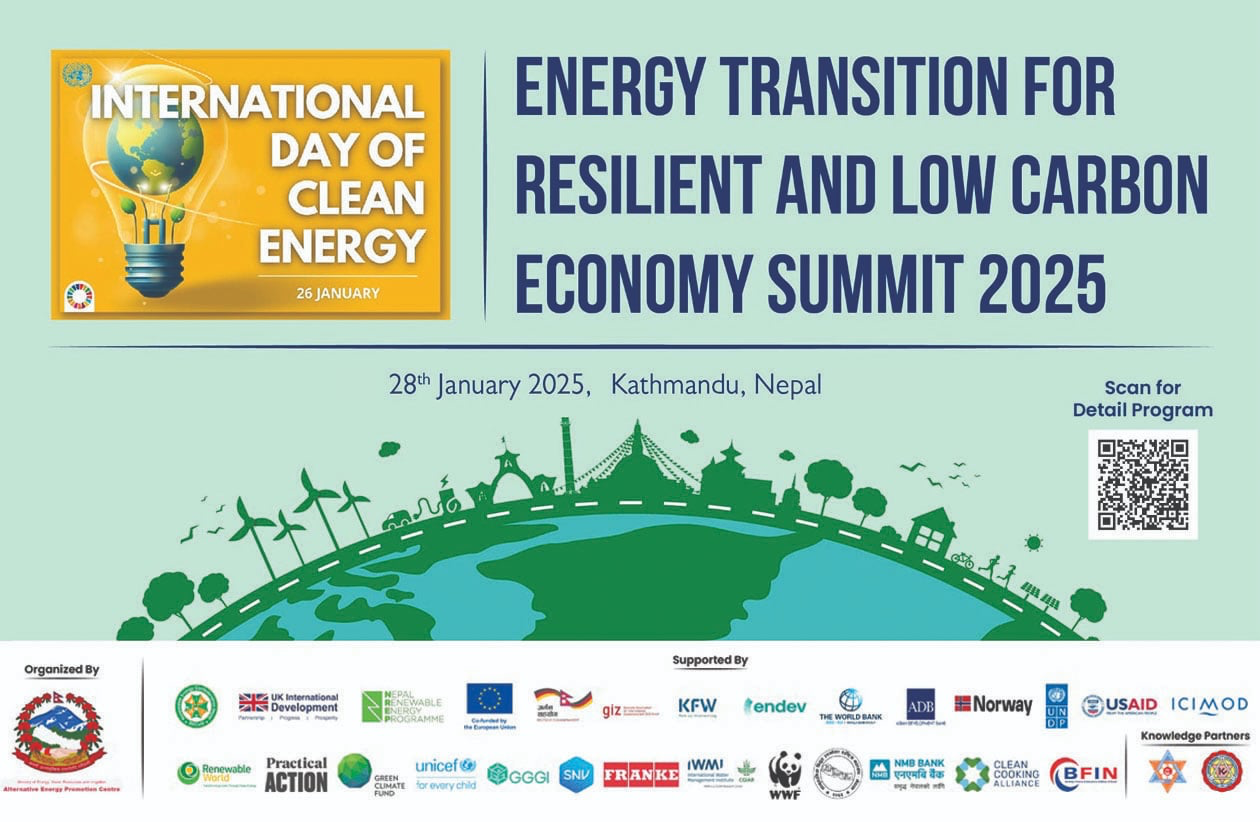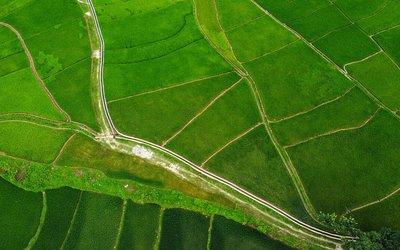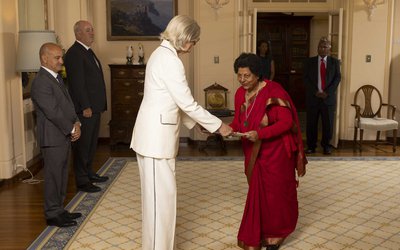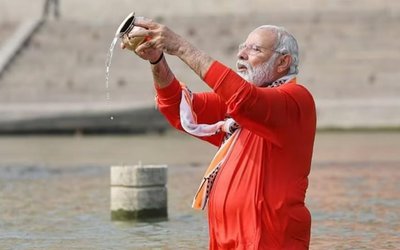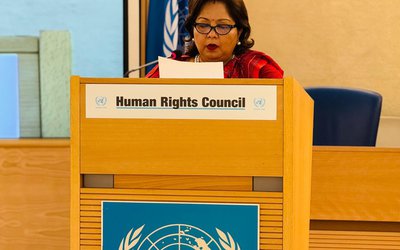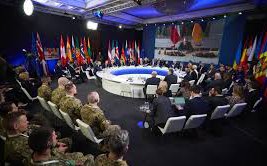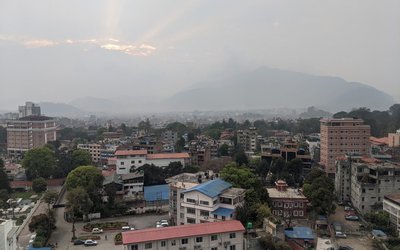
Although Nepal has made significant improvement in reducing gender gaps in political representation in lower tyer and economic fronts, it is still lag behind Bangladesh. However, it is ahead of India, China and Sri Lanka.
As per the World Economic Forum (WEF) Global Gender Gap Report, Nepal is in 101 position in gender ranked slips behind Bangladesh (50th). However, Nepal is ahead of China (106th), Sri Lanka (102nd) and India (112th) .
According to India's latest position is 14 notches lower than its reading in 2006 when the WEF started measuring the gender gap. It also ranked lower than many of its international peers, and some of its neighbours like China (106th), Sri Lanka (102nd), Nepal (101st), Brazil (92nd), Indonesia (85th) and Bangladesh (50th).
India has slipped four places on the World Economic Forum's Global Gender Gap index to 112, behind neighbors China, Sri Lanka, Nepal and Bangladesh, due to rising disparity in terms of women's health and participation in the economy. Moreover, India is now ranked in the bottom-five in terms of women's health and survival and economic participation, according to an annual survey report released on Tuesday.
As per the World Economic Forum (WEF) Global Gender Gap Report, Iceland remained the world's most gender-neutral country, while Yemen was ranked the worst at 153th place. Iraq and Pakistan remained in bottom three of the ladder.
The WEF's Gender Gap Index ranks countries according to calculated gender gap between women and men in four key areas: health, education, economy and politics. It measures women's disadvantage compared to men, and is not a measure of equality of the gender gap.
"The time it will take to close the gender gap narrowed to 99.5 years in 2019. While an improvement on 2018 -- when the gap was calculated to take 108 years to close -- it still means parity between men and women across health, education, work and politics will take more than a lifetime to achieve," the WEF survey report said.
Geneva-based WEF said this year's improvement can largely be attributed to a significant increase in the number of women in politics.
The report said that the political gender gap will take 95 years to close, as against 107 years last year. Worldwide, women now hold 25.2 per cent of parliamentary lower-house seats and 21.2 per cent of ministerial positions, compared to 24.1 per cent and 19 per cent respectively last year.
There is a sharp deterioration in the economic opportunity gap, especially in women's under-representation in emerging roles, such as cloud computing, engineering and data and artificial intelligence. At the current rate of progress, the economic opportunity gap will take 257 years to bridge, compared to 202 last year.
The report showed that economic opportunities for women are extremely limited in India (35.4 per cent), followed by Pakistan (32.7 per cent), Yemen (27.3 per cent), Syria (24.9 per cent) and Iraq (22.7 per cent). India also ranked among countries with very low women representation on company boards (13.8 per cent), while it was even worse in China (9.7 per cent).
The report also highlighted abnormally low sex ratios at birth in India (91 girls for every 100 boys) and Pakistan (92/100).
On health and survival, four large countries -- Pakistan, India, Vietnam and China -- fare badly with millions of women not getting the same access to health as men, the WEF said.
On a positive note, India has closed two-thirds of its overall gender gap, but the condition of women in large section of India's society is precarious and the economic gender gap has significantly widened since 2006. India is the only country among the 153 countries studied where the economic gender gap is larger than the political one.
India ranks high on the political empowerment sub-index, largely because the country was headed by a woman for 20 of the past 50 years. But, female political representation today is low as women make up only 14.4 per cent of Parliament (122nd rank globally) and 23 per cent of the cabinet (69th), the report said.
Commenting on survey report, WEF's Founder and Executive Chairman Klaus Schwab said, "Supporting gender parity is critical to ensuring strong, cohesive and resilient societies around the world. For business, too, diversity will be an essential element to demonstrate that stakeholder capitalism is the guiding principle."
The issue of gender gap is likely to be among key focus areas for discussion next month at the annual meeting of the WEF in Davos, Switzerland. The Geneva-based international organisation for public-private cooperation said it is committed to at least double the current percentage of women participants at the Davos summit by 2030
- Half Million Devotees To Visit Pashupatinath Temple On Mahashivratri Day
- Feb 25, 2025
- Foreign Minister Dr. Rana Addressed Human Rights Council In Geneva
- Feb 25, 2025
- Seven USAID Programs Halted In Nepal: Ministry of Finance
- Feb 25, 2025
- UN General Assembly adopts resolution on Russia's invasion opposed by US
- Feb 25, 2025
- Weather Forecast: Partly Cloudy To Mainly Fair In Kathmandu Valley
- Feb 25, 2025
